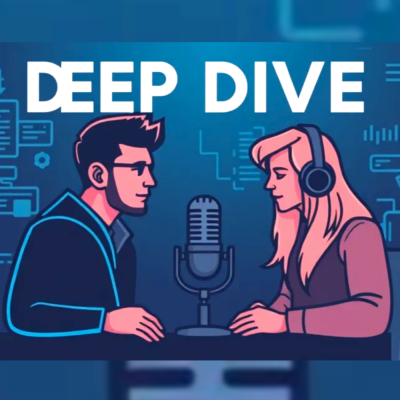


This conversation centers around OpenCulturas, a new open-source platform that’s shaking up how people engage with arts and culture. It’s designed to streamline the experience for users and make cultural discovery easier. Unlike current platforms, which often require endless scrolling through generic event listings, OpenCulturas aims to be a one-stop hub, empowering both users and cultural organizers. It offers a more personalized experience, allowing users to not only find events but also explore related content and nearby services, such as restaurants.
A key feature is user-generated content, enabling cultural organizations, especially smaller ones with limited resources, to create and manage events without needing technical expertise. The platform also provides automatic landing pages and content moderation tools to ensure accuracy and prevent chaos. This allows even less tech-savvy organizers to maintain a professional online presence, promoting digital sovereignty, where they have control over their data and content.
OpenCulturas’s community-driven model, where users can actively contribute to improving the platform, sets it apart from closed-source platforms. It’s continually evolving through public input, whether it’s reporting bugs, suggesting new features, or writing code. This open-source approach makes it sustainable in the long term, as it’s not dependent on a single company’s decisions or profits.
The platform is already being used in places like Göttingen, Germany, where it’s supporting local cultural initiatives like the Kulturpass, aimed at engaging young adults. Overall, OpenCulturas is more than just a tool for event listings—it’s a part of a broader movement toward a collaborative, participatory approach to arts and culture, offering a glimpse into a future where cultural discovery is more accessible, personalized, and community-driven.